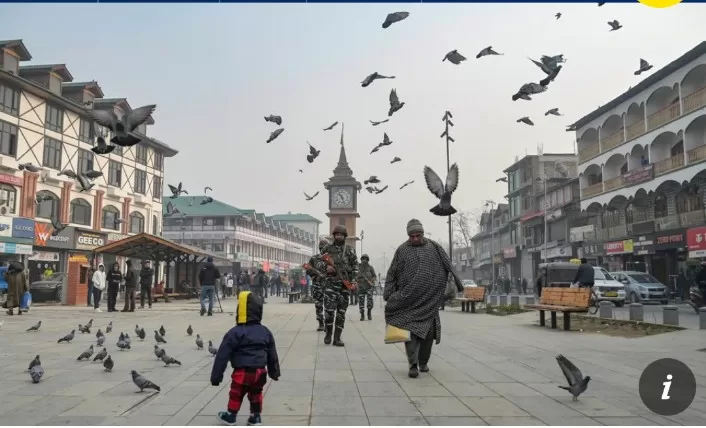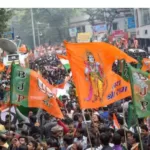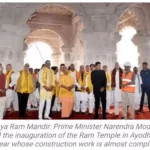In a significant ruling, India’s Supreme Court has affirmed the legality of the government’s decision to revoke the autonomy of Jammu and Kashmir, bringing it under the direct control of the center. The revocation of Article 370, which had granted special rights to Jammu and Kashmir outside the Indian constitution for nearly 70 years, occurred in August 2019 without consultation with the Kashmiri people.
Chief Justice of India, D Y Chandrachud, declared on Monday that the government’s action was within its lawful powers, dispelling concerns raised about the overreach of authority. Chandrachud emphasized that Article 370, initially intended as a “temporary” provision after the region’s accession to India, was no longer valid.
The ruling has sparked controversy, especially given the extensive measures taken during the enforcement of the abrogation. A prolonged crackdown saw a substantial military presence, political leaders detained, a strict curfew imposed, and an 18-month internet shutdown. Jammu and Kashmir lost its statehood, and political representation remains suspended.
While the Supreme Court ruling is a victory for the ruling Bharatiya Janata Party (BJP), which had long pledged to revoke Article 370, it has faced criticism from Kashmir’s political leaders. The former chief minister, Mehbooba Mufti, deposed since 2019, called the revocation “unjust, illegal, and unconstitutional.” Mufti stated that the Supreme Court’s justification was akin to “news of a death sentence” for Jammu and Kashmir and the idea of India.
The verdict has further intensified the longstanding political battle over the sensitive region of Kashmir, a historic flashpoint in India and Pakistan’s relationship. The BJP, citing security concerns, justified the revocation, though militant attacks have persisted.
In reaction to the ruling, Kashmir’s political leaders alleged de facto house arrest, with restricted movement in the state. The ruling, which aligns with BJP’s promises, underscores the ongoing political struggle in the region. For now, the aftermath of the Supreme Court decision sets the stage for continued debates on the future of Jammu and Kashmir.




